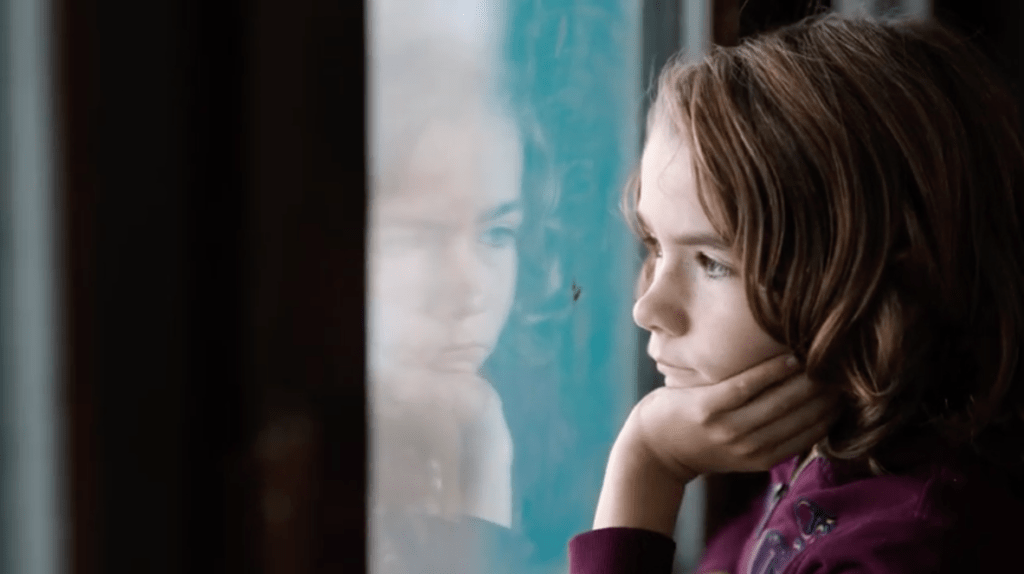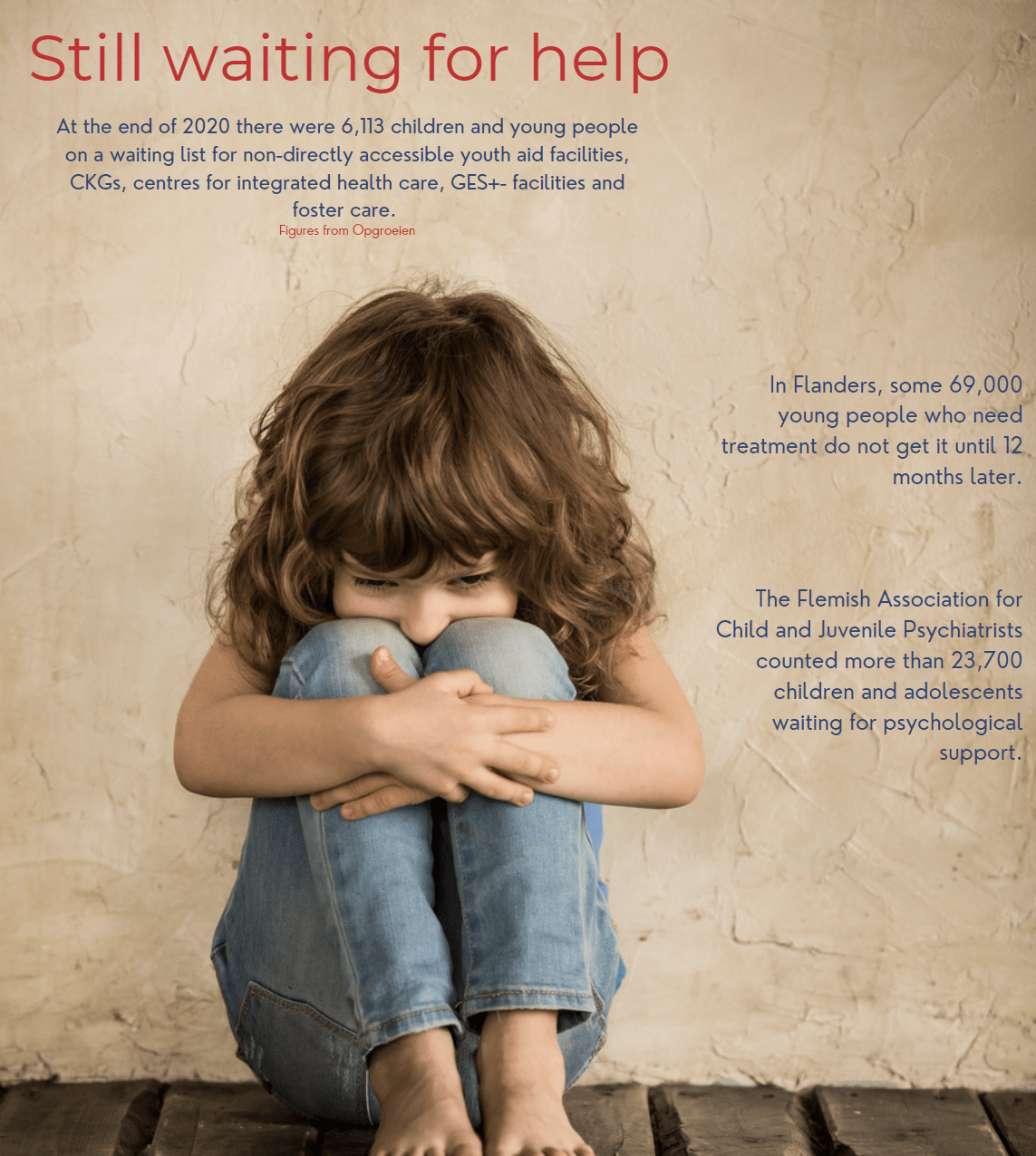Young people and children are “tired of waiting” for critical health services, according to an annual report from the Children’s Rights Commission (Kinderrechtencommissariaat).
Waiting times for services related to anxiety disorders, eating disorders, depressive feelings, suicidal thoughts and other conditions were already high but grew even more during the pandemic when the Covid-19 crisis overwhelmed the healthcare system.
“Children and young people are crying out because they do not get their rights because of all that waiting,” the report found.
“Their lives do not stand still. Thousands of young people are waiting for help. And because of the Covid-19 crisis, they often have to wait even longer.”
In one example from the report, a 15-year-old girl who developed a dangerous eating disorder during the first lockdown was forced to wait five months before receiving treatment due to a lack of available space at specialised centres and had to be hospitalised multiple times throughout that period.
From September 2020 to August 2021, the Children's Rights Commission received 1,530 reports and complaints, up by a quarter compared to other years.
Around 370 of those complaints were related to the pandemic: children struggled with mandatory face masks, social distancing from friends and having to attend school virtually from their homes.
Complaints not related to the pandemic focused on bullying, disputed academic grades, family rights related to divorce or separation and youth assistance services.
“Once again, there were many barriers to simply being young,” said Children’s Rights commissioner Caroline Vrijens.
“When it comes to children and young people, waiting has an extra impact. It inhibits them from forging bonds, forming their identity, gaining skills, and finding their place in society.”
She described the long waits for care and support as being akin to young people having their wings clipped. "Young people who were ready to fly out were stuck. They cannot fly as they should at their age."
Funding, extra staff and free sessions
Another survey of Waddist, the app for youngsters of the Arteveldehogeschool and De Ambrassade, found that one in two young people sought psychological help during the pandemic.
The government has repeatedly recognised the increase in the number of young people seeking help, and the ongoing issue regarding waiting times for mental health services and has said it is working on improving the situation.
In April, it was announced that a budget of more than €20 million would be freed up for child psychiatry to hire extra staff and increase admission capacity in other hospital departments as an “immediate response to the growing need for psychological and psychiatric help for children, adolescents, and young adults.”
Belgium’s public health minister Frank Vandenbroucke recognised that there has been a “clear increase in requests for psychiatric admissions for children and adolescents,” but that in the current situation “children in urgent need of help” aren’t being helped on time.
Related News
- Quarter of young adults show symptoms of depression
- Waiting lists for mental health care also growing in private sector, especially for young people
- Paediatricians not in favour of masks for children
Since 1 September, a visit to a psychologist or remedial educationalist will be directly reimbursed by health insurance, including for children and adolescents up to 23 years of age, who are entitled to more sessions than adults.
However, according to Vrijens, saying "we are working on it," is not enough in the current situation.
Scientists predict that the measures taken during the pandemic, especially the closures of schools, will have long-term negative effects on youth.
“In the fight against Covid-19, we have always asked for those risks to be included in the policy,” said Vrijens.
“It has been scientifically proven that those negative effects do exist.”


